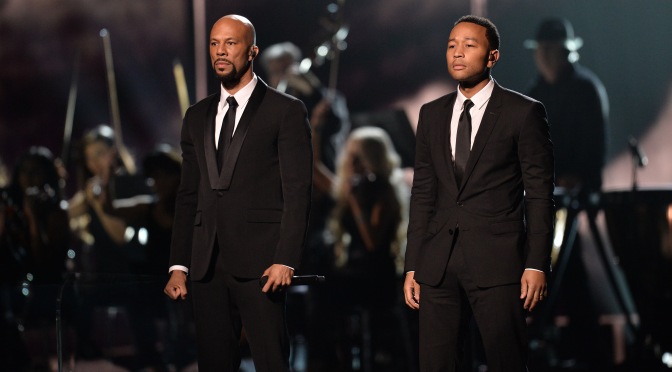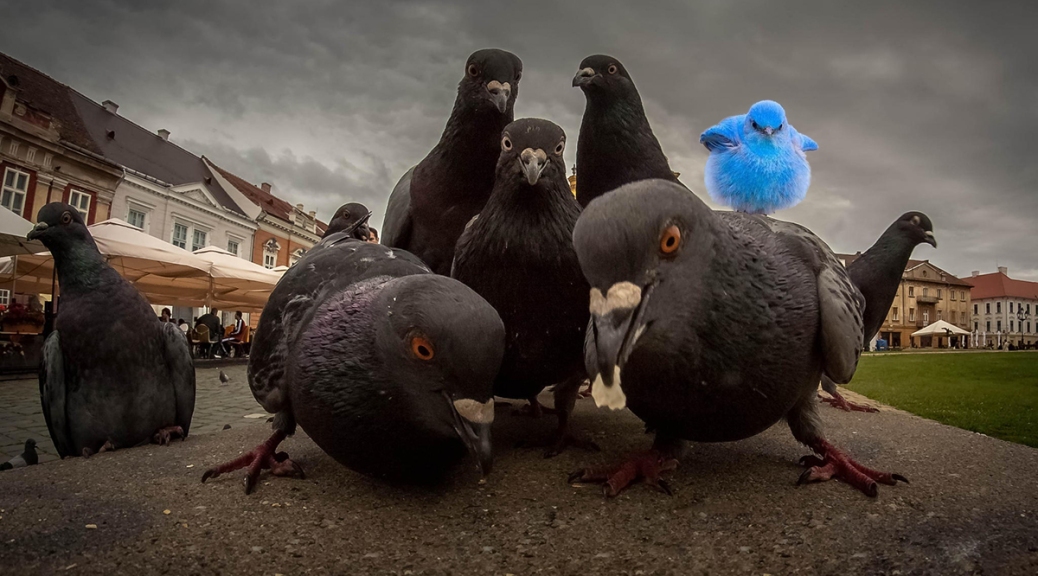The digital era has been drastically changing the landscape of the music industry. Recently record labels have started to adjust their artist’s agreements to offer deals solely on digital singles and not on albums.
This is great for the record label because they get to save costs on manufacturing, packaging, shipping costs, etc. It is also less of a gamble, if the digital singles do not sell well, the label can just cut their losses and move on. Does this create a positive or negative benefit for the artist?
DJ Snake is an example of someone who has been able to create success off of digital singles without putting out an album and Weird Al has recently said he will only be making digital singles now because it is easier for him to stay current that way. So some artists do benefit from this contract style, especially if their genre is more dance-oriented.
In the case of Hip Hop, it is cause for some concern. Nas’s Illmatic is considered one of the most classic Rap albums of all times and arguably never had a commercial hit song. If Nas came around during the digital age, he could have chosen the wrong singles to put out and his option may not have been picked up, robbing the culture of such a classic album.
There is more pressure than usual for younger artists to create a hit song with their very first effort. At this stage of the game, the industry is declining quickly and labels are not willing to go all in on an artist until they have proven to be a success with multiple efforts. With the high demand of pressure of immediate success from both sides, it is import for rappers to have a proven concept. The solution may be in independent mixtapes.
This is nothing new in Hip Hop, as many rappers in the past have worked their way up through mixtapes, but there is going to be a bigger demand for proof of concept now and this may be some up in coming rappers only hope to do so.
The industry is an ever-evolving battlefield and rappers need to really study what is going on and strategically play the game if they want to work the major record labels. Right now, the biggest step is to find out how to prove that they are worth a full album deal or else they will have to hit a home run on their first at-bat in order to be able to stick around.
– Megillah













